AMIR AZIZ AHMEDI, KOLKATA
There are many misconceptions regarding the age of Hazrat Aishara at the time of her marriage to the Holy Prophetsa. This is one of the main issues that critics often use as a basis for making harsh criticisms and ridicule against the noble personality of Prophet Muhammadsa.
The age of marriage is something that varies across different societies even today, depending on various factors such as physical, mental, social, and geographical conditions. Even in this 21st century, in many Western societies, which these critics themselves consider as centres of progressive values, the legal age of marriage and consent is as low as 14 years, and in some cases, even lower. This is an important fact to remember.[1]
The fact that such people mock a marriage that took place 1,400 years ago without understanding these realities exposes the folly in their criticisms. According to Islamic principles, for a marriage to be valid, both the bride and groom must have reached physical and mental maturity, and Hazrat Aishara was fully capable of marriage at that time. Therefore, the objections raised regarding this issue have no valid basis.
However, upon analysing historical records, we can see that some misunderstandings exist regarding Hazrat Aisha’s age at the time of marriage. This article aims to provide a historical analysis to clarify such misconceptions.
Non-Reliability of the six-year narrative
Most scholars who support the view of Hazrat Aisha’s early marriage rely upon narrations in Bukhari and other books of traditions in which Hazrat Aishara reportedly stated that she was a girl of six years at the time of marriage and nine years at the time of consummation.[2]
Hence, it is often argued why these reports from authentic sources, as well as Hazrat Aisha’s own account, are ignored when it comes to calculating her correct age. This argument warrants special addressing.
The fact is that these narrations asserting the age of Hazrat Aishara to be six years at the time of marriage and nine years when she entered the household of the Holy Prophetsa do not hold true when examined in the light of established historical facts.
Incompatibility with the Holy Prophet’s marriage timeline: It is accepted by most historians that the Holy Prophet’s Nikah (the formal announcement of marriage) with Hazrat Aishara took place in the month of Shawwal in the 10th year after prophethood.[3] Similarly, he consummated this marriage in the month of Shawwal in the second year after migration.[4]
Given these facts, one can easily calculate that a period of full five years has elapsed between the Holy Prophet’s Nikah and marriage with Hazrat Aisha. Hence, it is obvious that the reports of her age being six and nine years in no way conform to these established historical facts, and thus, cannot be relied upon.
Moreover, the narrative of six years is itself not definite. Hence, there is a discrepancy between her age being six years and seven years[5] at the time of Nikah, which points to the ambiguity of the narrative and suggests that any of the narrators would possibly have erred in providing accurate information.
Hazrat Aishara was already engaged: Hazrat Aishara was engaged to the son of Mut’im bin Adiyy prior to her engagement to the Holy Prophet.[6] This clearly suggests that Hazrat Aishara had already reached the age of marriage at that time and was not six years old.
Revelation period of Surah Al-Qamar: Sahih Bukhari records a narration from Hazrat Aishara in which she says:
“When the verse, ‘Aye, the Hour is their appointed time; and the Hour will be most calamitous and most bitter’ was revealed to Muhammadsa at Mecca, I was a playful young girl.”[7]
The mentioned verse is from Surah al-Qamar. Reports suggest that Surah al-Qamar was revealed in the fifth year after prophethood, i.e. 614 AD.[8] It is known that Hazrat Aisha started living with the Holy Prophet Prophetsa in the second year after Hijra (the Prophet’s migration to Medina), i.e. in 624 AD. If she was 9 years old at that time, then she would not even be born at the time when Surah al-Qamar was revealed.
Now, even if Surah al-Qamar is assumed to have been revealed later by one or two years as some other reports suggest, still Hazrat Aishara would be a child below 2 years of age, an infant not capable of remembering such details.
Apart from this, other traditions and historical details also cast doubt on this narrative.
There are generally two perspectives that nullify the reports which imply her age to be six and nine years.
First Perspective: Age of 18 years or more
Many historians report that Hazrat Aishara was ten years younger than her elder sister Hazrat Asmara[9]. Two acclaimed historical books namely Tazhib at-Tahzib and Al-Bidaya wan-Nihaya report that Hazrat Asma died at the age of hundred in 73 AH[10].
Calculating from this, it becomes evident that Hazrat Asma was about 27 or 28 years of age at the time of the Prophet’s migration to Medina. This puts Hazrat Asma at the age of 28 or 29 at the time of Hazrat Aisha’s marital consummation, which occurred in 2 Hijri. All of these facts indicate that Hazrat Aishara should have been 18 or 19 years of age at the time when her marriage was consummated.
Although this perspective makes more sense historically than the nine-year narrative, it still cannot be considered to be the most accurate understanding of Hazrat Aisha’s age.
Second Perspective: Age of around 14 years
Another perspective is that Hazrat Aishara was around 14 years of age when her marriage was consummated, which seems to be the most accurate understanding in this regard. There are many pieces of evidence from history that almost assert this fact to a level of certainty.
First evidence: Tabari in his Islamic history reports that Hazrat Abu Bakrra had four children and all four were born during the pre-Islamic period.[11] If Hazrat Aishara was born before Islam, her age could not have been less than 14 years in 2 Hijri.
Second evidence: According to Ibn Hajar al-Asqalani, Hazrat Fatimara was five years older than Hazrat Aishara.[12] Hazrat Fatima is reported to have been born when the Holy Prophetsa was 35 years old.[13] The Holy Prophetsa migrated to Medina when he was 52, making Hazrat Aisha 14 or 15 years old in 2 Hijri.
Third evidence: A narration regarding Hazrat Aisha’s participation in the battle of Uhud can be found in Sahih Bukhari, which is as follows:
“Hazrat Anasra reports, on the day of Uhud, people could not stand their ground around the Holy Prophetsa. On that day, I saw Aishara and Umm-i-Sulaimra that they had pulled their dress up from their feet to avoid any hindrance in their movement.”[14]
The Holy Prophetsa had not permitted Ibn Umarra to participate in the same battle because of his young age. Hence, it is reported:
“Ibn Umarra states, the Holy Prophetsa did not permit me to participate in Uhud, as at that time, I was fourteen years old. But on the day of Khandaq, when I was fifteen years old, the Prophetsa allowed me to join.”[15]
Hence, children below 15 years were not allowed to participate in the battle of Uhud while Hazrat Aishara participated in it, which clearly indicates that she was at least 15 years or older at that time and 14 years or older when she joined the Holy Prophet’s household.
All of these proofs shatter the misconception that the Holy Prophetsa married Hazrat Aishara when she had not reached the age of maturity.
Conclusion
It is an acknowledged reality that the onset of maturity or puberty fluctuates based on many factors. Similarly, we find different acceptable ages of marriage throughout history, as well as in this day and age. The time factor and its contemporary practices should be the primary guidelines to evaluate any incident instead of comparing an event on a completely different time scale and culture in order to fit and justify one’s prejudiced interests against a particular faith just owing to sheer malice.
The fact is that the marriage of the Holy Prophet of Islam with Hazrat Aisha was a perfectly suitable marriage with the consensus of both parties including the parents of Hazrat Aisha as she had reached an age of maturity. Most of the traditions and references that are quoted about her age being less than 10 years or even lower are completely contradictory and unreliable as already explained.
None of the contemporaries or staunchest critics of the time of the Holy Prophetsa ever raised this allegation despite challenging and opposing him on various fronts. Hence, it would be in the best interest of the critics of today to avoid such nonsensical dialogue and adopt dignity in discourse and criticism such that their own credibility stands at a position worthy of acceptance.
Amir Aziz holds a Master’s degree in English and is also a Management Post Graduate. Currently, he serves as the head of the Ahmadi Young Men’s Auxiliary (Majlis Khuddamul Ahmadiyya), Kolkata chapter.
END NOTES
[1] In most European countries, the age of consent ranges from 14 to 16 years. In seven countries, the age of consent is 14, while only one country has set it at 18.
In the US, the general legal marriage age is 18. However, in some states, parental or judicial consent allows marriage at 15 years old. In four states (California, Mississippi, New Mexico, and Oklahoma), there is no minimum age requirement for such marriages.
[2] Sahih al-Bukhari, Kitab an-Nikah (Book on Marriage)
[3] Tabaqat al-Kubra by Ibn Sa’d, vol. 8, p. 271 (First edition 1996)
[4] Sharh Al-Muwahib al-Ladunniyyah, Imam Zurqani, v. 4, p. 383, Aishah Ummul-Muminin, Darul-Kutubil-Ilmiyyah, Beirut, Lebanon, First Edition (1996)
[5] Sahih Muslim, Kitab an-Nikah (Book on Marriage)
[6] Musnad Ahmad Bin Hanbal, Baqi Musnad al-Ansar
[7] Sahih Bukhari, Kitab at-Tafsir (Book on Prophetic Commentary on Quran)
[8] The Bounteous Koran by M.M. Khatib (1985)
[9] Siyar A’lam al-Nubala’, v. 2, p. 289 (Beirut: Muassasat-al-Risalah, 1992)
[10] Al-Bidaya wan-Nihaya, v. 8, p. 371-372 (Al-jizah: Dar-al-fikr al-arabiyy, 1933)
[11] Tarikhul Umam wal-Muluk, Tabari, v. 4, p. 50, Arabic, Dara’l-fikr, Beirut, 1979
[12] Al-Isabah fi Tamyiz as-Sahaba, v. 8, p. 263
[13] Ibid
[14] Bukhari, Kitab al-Jihad wal-Sayr (Book on Jihad)
[15] Bukhari, Kitab al-Maghazi (Book on Expeditions)

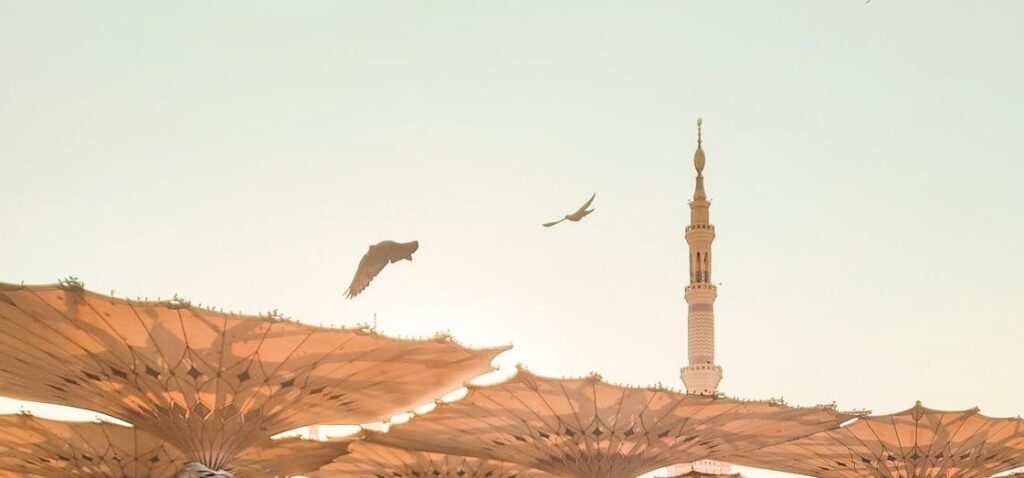



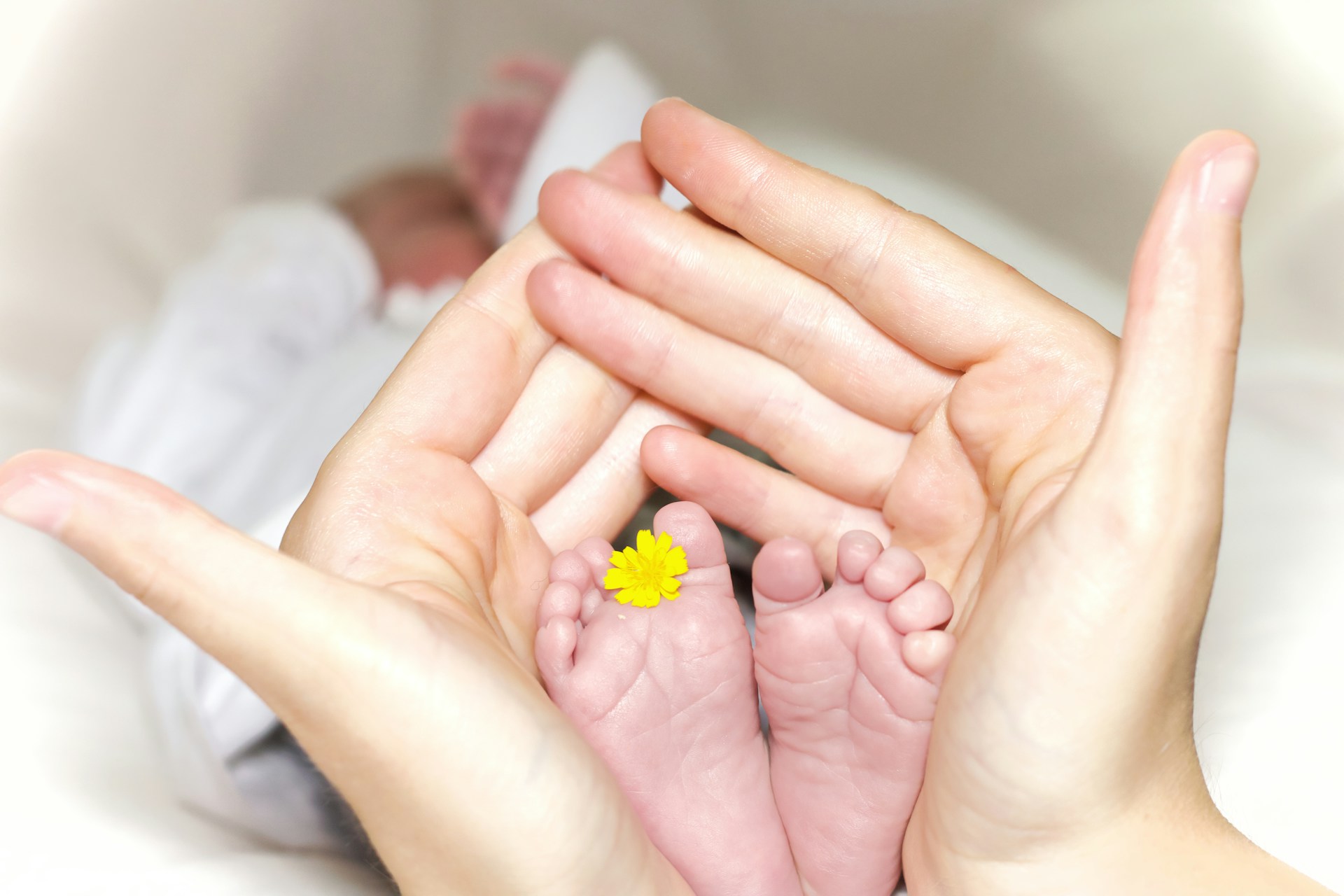

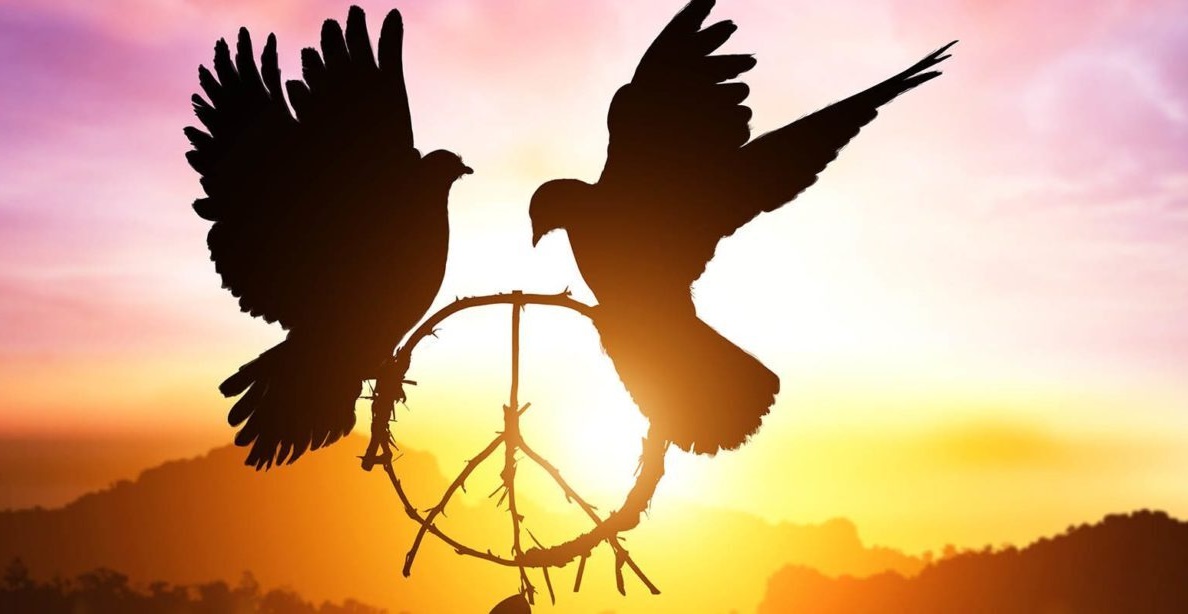


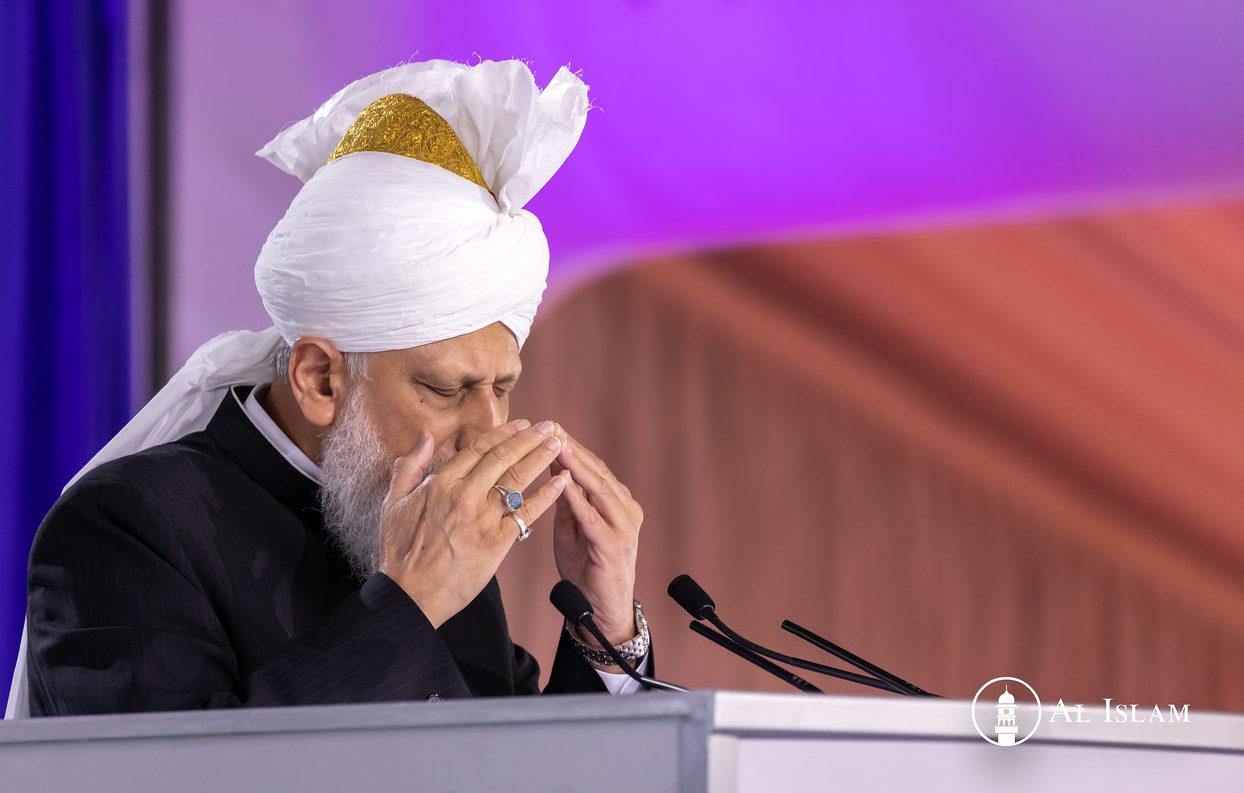
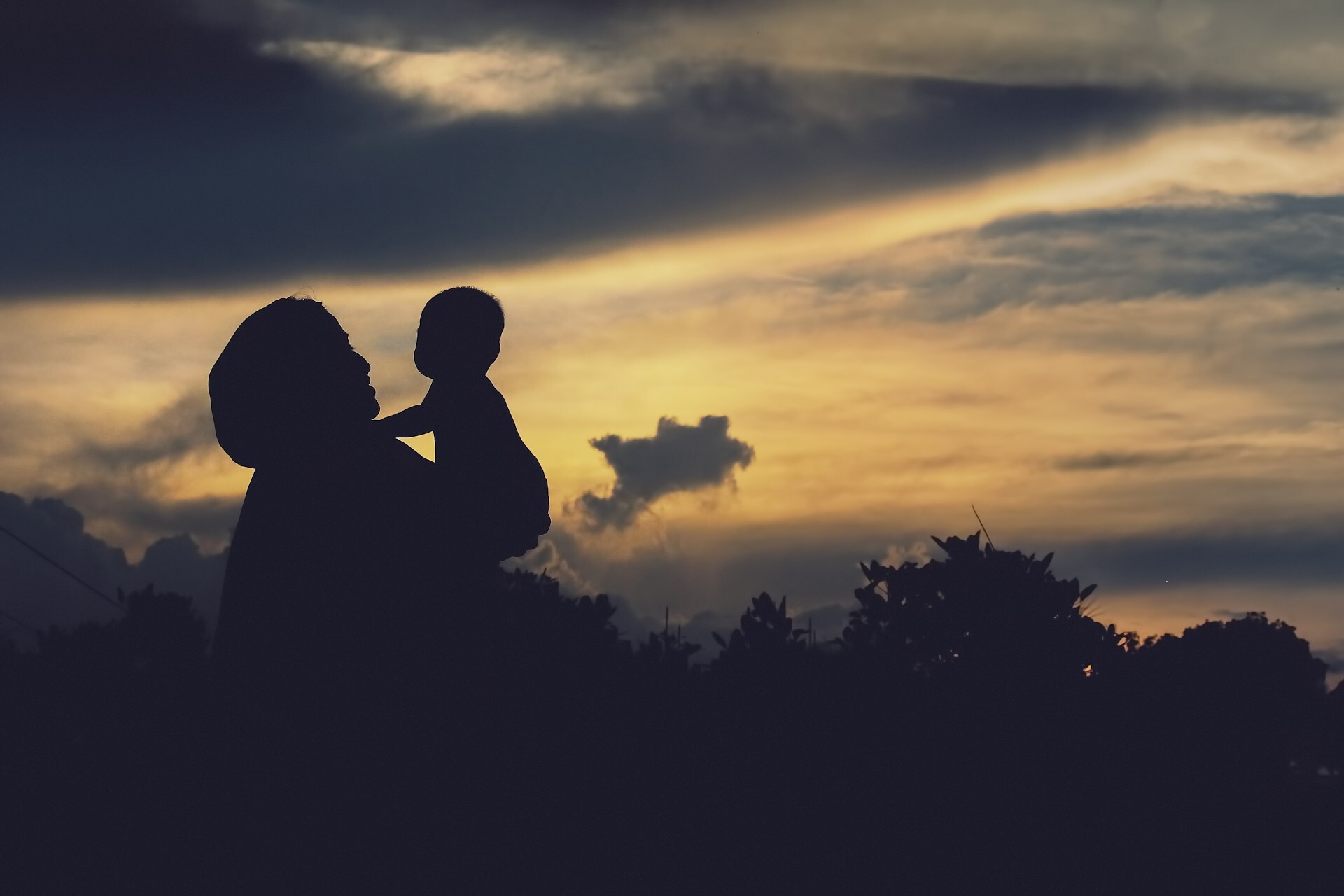
7 Comments
SHABIR AHMAD · November 23, 2020 at 1:43 pm
well done allah bless your khdmt Aameen
Rineez · May 28, 2022 at 2:28 am
Maasha Allah. Very informative and firmly structured arguments.
Zafar Syed · May 28, 2022 at 11:48 am
Extremely useful article which explains fully the real age of Hadhrat Aysha Siddiqua r.a unha.
Jazak Allah
Nusrath Jahan · May 28, 2022 at 4:53 pm
I got a detailed information regarding Hazrat Aisha R. A age during the consummation of her marriage with the holy Prophet sallallahu alaihiwasallam. Jazakallah khair
A. Abdul Aziz · June 4, 2022 at 4:31 am
This famous article reproduced in a leading Sri Lankan website. Thanks to the author. http://www.lankaweb.com
Faheem · November 26, 2022 at 11:08 pm
Mirza Ghulam Ahmad has said that any Hadith that contradicts a Hadith from sahih Bukhari should be rejected. See this quote from his book “Our teaching”.
“Failure to appreciate the Hadith, therefore, is tantamount to cutting away a large part of the body of Islam. But, of course, if a Hadith falls counter to the Holy Quran and the Sunnah, and counter to other Ahadith which are in accord with the Holy Book, or it stands in opposition to the Sahee Bukharee, it should not be acceptable; for acceptance thereof would imply rejection of the Holy Quran, and of all those Ahadith which stand in accord with the Holy Book.”
Here you are rejecting Hadith from sahih Bukhari in favour of obscure Hadith from other books to come up with a narrative more in line with modern values, while rejecting the advice of your own founder in this matter.
Jay · June 22, 2023 at 6:49 pm
This has been disproven look at the website linked below from yaqeen institute
https://yaqeeninstitute.ca/read/paper/the-age-of-aisha-ra-rejecting-historical-revisionism-and-modernist-presumptions